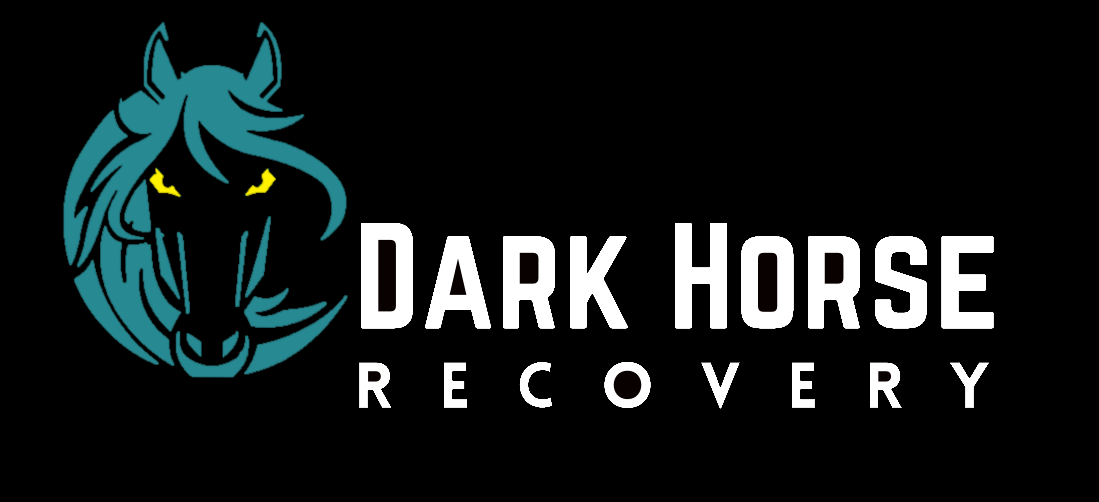When you’re trying to overcome an addiction, withdrawal symptoms are one of the biggest challenges. Whether it’s alcohol, drugs, or gambling, overcoming the temptation to give in and return to your old ways can be very difficult. But it is possible! In this blog post, we will discuss some ways that you can overcome withdrawal symptoms and stay on track to recovery.
What are withdrawal symptoms and what can cause them
Withdrawal symptoms are the physical and emotional effects that can occur when someone who is dependent on a substance like alcohol or drugs suddenly stops using it. The most common withdrawal symptoms include:
• sweating
• shaking
• nausea
• mood swings
• vomiting
• diarrhea
• anxiety
• depression
These symptoms can be very uncomfortable and even dangerous, which is why it’s important to detox under medical supervision.
Withdrawal symptoms can vary depending on the substance someone is dependent on, how long they’ve been using it, and other factors. For example, alcohol withdrawal can cause seizures, while drug withdrawal from some drugs can cause psychotic symptoms.
If you’re experiencing withdrawal symptoms, it’s important to seek professional help. Withdrawal can be dangerous and even life-threatening in some cases, so it’s best not to try to detox on your own. There are many effective treatments for withdrawal available, so don’t hesitate to reach out for help.
What to do if you experience withdrawal symptoms
If you are experiencing alcohol withdrawal symptoms or drug withdrawal symptoms, try these steps:
- Drink water and eat light foods like crackers to help stabilize your blood sugar level.
- Try not to nap too much because that can make it more difficult for you to sleep at night when insomnia has passed in a few days.
- If you have trouble sleeping at night, get up and do something else until bedtime arrives or take one of the over-the-counter medicines that are available without a prescription from your pharmacist or doctor.
- Take gentle walks during the day if possible to keep muscles loose and aid good circulation; avoid strenuous exercise which may increase anxiety.
If you are still feeling the effects of withdrawal after a few days, it is important to seek medical help. There are medications that can help ease your symptoms and make the process less difficult. Don’t try to tough it out on your own; getting professional assistance can make all the difference.
How to prevent or minimize the risk of withdrawal symptoms

There are a few things that can be done in order to help prevent or minimize the risk of withdrawal symptoms. Firstly, it is important to consult with a doctor before stopping any medication. Secondly, it is helpful to taper off the medication gradually rather than abruptly stop.
Finally, there are some self-care strategies that can be useful for managing withdrawal symptoms, such as relaxation techniques and healthy eating. By following these tips, it is possible to reduce the risk of experiencing any discomfort or distress during the withdrawal process.
If you are struggling with addiction or substance addiction, please call us today for help. Our professional staff can provide you with information on addiction treatment options and medical detox programs that will best meet your needs. We want to help you get on the path to recovery and a healthier future.
The benefits of seeking treatment for addiction and withdrawal
There are many benefits to seeking treatment for drug abuse, physical symptoms, mental symptoms, and severe withdrawal symptoms. One of the most important benefits is that it can help you to avoid relapses and improve your mental health. Relapse is one of the biggest dangers of addiction, and it can be very difficult to overcome without professional help.
Treatment can also help you to learn how to cope with your addiction, and how to manage your triggers and cravings. It can also give you the opportunity to develop emotional support and a support network, which can be invaluable during recovery.
Treatment can be expensive, but it is worth it if it means that you have a chance at a better life. If you are struggling with addiction, please seek help from a professional treatment center. It could save your life.
If you’re unsure whether substance abuse treatment is right for you, speak with your doctor or a counselor. They can help you determine if treatment is the best course of action for you and provide information about the different types of treatment available. Don’t wait to get help – the sooner you seek treatment, the better your chances are for a successful recovery.

Recent Comments